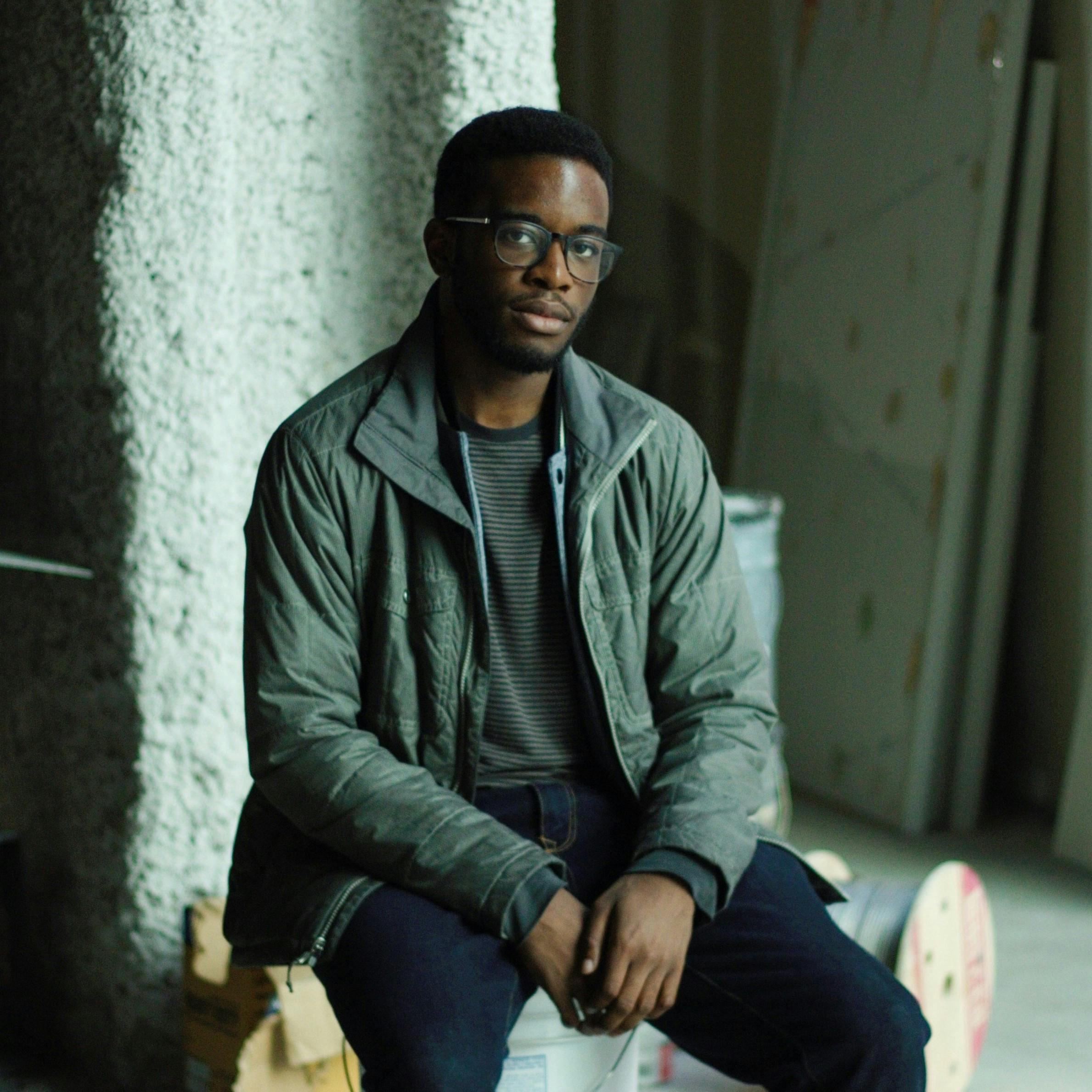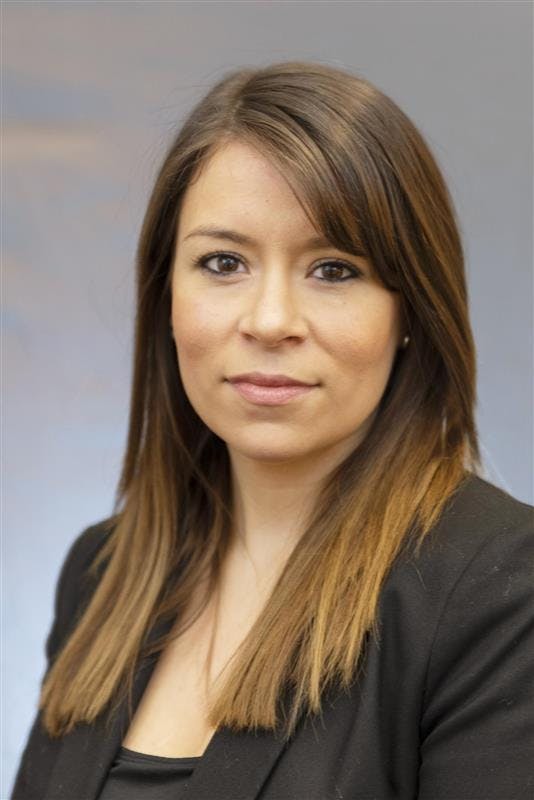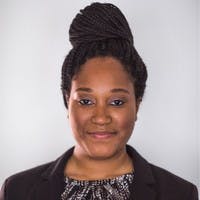Week 4: Inequities in Urban Planning
Consultation has concluded
The Presence of Inequities in Our Urban Fabric
How has urban planning perpetuated inequalities throughout our region? In this final session, you will join alongside students from the metro Atlanta region in discovering the complexities of our planning systems and how it manifests in inequality we see today. You will receive an overview of urban planning history, participate in conversations between subject-matter experts and community leaders, and engage in an interactive mapping activity to further your understanding of urban inequality.
The keynote speaker, Tonika Lewis Johnson, will introduce her Folded Map project, which connected residents from the north and south sides of Chicago through media. The following panel discussion will feature representatives from the Atlanta Regional Commission, which is charged with working with its local partners in bringing forth a resilient and sustainable future for the city.
By the end of this session, you will be able to confidently explain the role of historic and present urban planning decisions in reinforcing inequality; understand the value of equitable investments in infrastructure, transit, and other public services; and have discussions surrounding the importance of urban planning in enabling healthy, vibrant, and inclusive communities everywhere.
- Check out Pre-session Content below to familiarize yourself with relevant resources put together by the sessions leaders. These tools will help you form a foundation for the week's session. Take a look through them before the session on Thursday.
- Let's Talk functions the same as the ones found for previous weeks. Join in on conversations about inequalities in planning and share your perspectives!
- Share your Ideas about your neighborhood and what changes you'd like to see.
- Session documents can be found to the right. There, you will find relevant resources to help you start building a foundation of what you can expect for this week. Take a look through them before the session on Thursday.
- You can find out more about your session leaders under Meet the Team.
Click here to go back to the main FLIP homepage.












